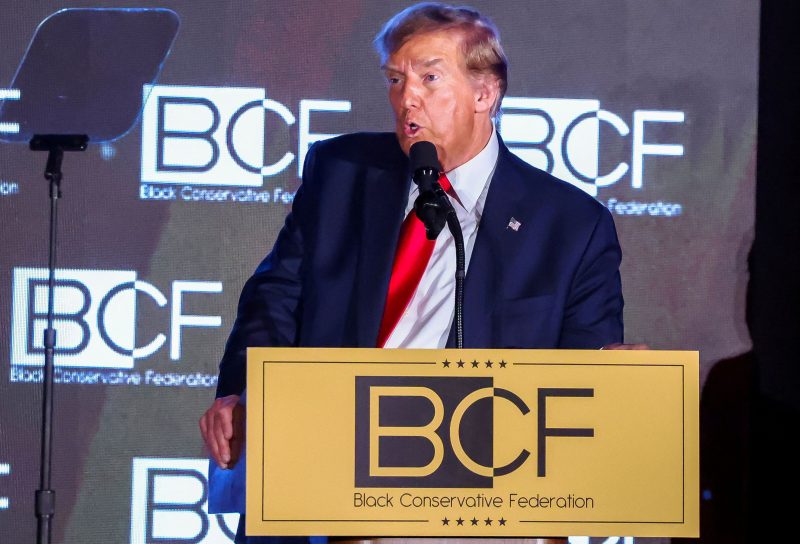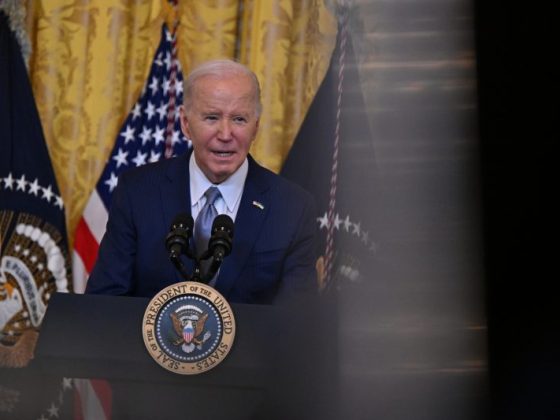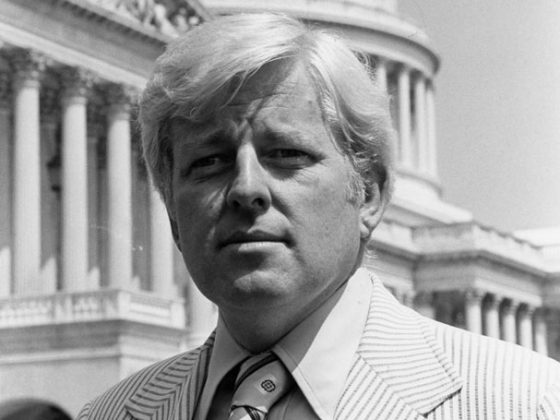With a career in real estate, television, and the highest office in the land, Donald Trump has made many claims about his relationships with various social, ethnic, and demographic groups. Of particular interest is his statement that he’s long worked ‘hand in hand’ with Black people. This suggests an active involvement and collaboration with the Black community and an understanding of their needs and aspirations. As such, it’s worth taking an in-depth look at Trump’s interactions and alliances with Black people over the years.
In his role as a real estate mogul, the earliest substantial connection Trump had with the Black community was in the 1970s. His company, the Trump Organization, was charged by the Department of Justice for racial discrimination against Black renters. This case, settled out of court, was a significant event but is not indicative of a working relationship ‘hand in hand’. Instead, it implies a contentious affiliation early in Trump’s career, a point that his critics often highlight.
In the 1980s and 1990s, as Trump’s visibility increased, he continued to interact with Black individuals and organizations at various capacities. He formed business relationships with a few prominent Black figures, including boxing promoter Don King and rapper Sean P. Diddy Combs. However, these relationships, while visible, were often characterized by uneven power dynamics and a focus on promoting his brands and interests.
As a television personality on The Apprentice, Trump showcased a more diverse cast than many other reality shows of the era. Contestants like Omarosa Manigault Newman, who was later hired into his administration, became household names. Still, critics argue that this does not necessarily represent a relationship ‘hand in hand’, but rather using these personalities for their value in entertainment and later, politics.
In his capacity as president, Trump claimed many wins for the Black community. He frequently mentions the record low Black unemployment rate pre-pandemic under his administration, the establishment of Opportunity Zones, and criminal justice reform through the First Step Act as proof of his commitment to Black Americans. Critics, however, argue that most of the policies that led to the lower unemployment rates were carried over from previous administrations, and say that Opportunity Zones have not shown substantial benefit to Black communities. Furthermore, while the First Step Act is a step in the right direction, critics claim that one legislation does not make up for the racial disparities in America’s criminal justice system.
On a personal level, Trump has been criticized for his language and actions. From his involvement in the Central Park Five case to his comments following racial tensions in Charlottesville, these incidents have raised questions about Trump’s understanding and empathy towards the Black community.
Indeed, throughout his career, it seems that Trump has interacted with Black individuals and communities more than many other figures in his position. However, him saying he has long worked ‘hand in hand’ with Black people may be a stretch. The nature of this interaction – whether in real estate, entertainment, or politics – has often been influenced by his individual interests, it seems. And though his claims carry some weight – there have been significant interactions and some policy wins – the controversy surrounding his actions suggests a more complex relationship between Trump and the Black community than his statement suggests.











